Currently Empty: $0.00
3 in stock
| Standard Delivery (Signed for) | Delivered within 3-5 working days |
| Express Delivery (Standard Parcels) | Delivered within 1-2 working days |
| Extra-Large Parcels (Signed for) | Delivered within 3-5 working days |
| Furniture | Delivery usually takes place within 2 weeks. |
Free Shipping
Decor Outdoor offers free regular shipping on all orders shipped to residential or commercial addresses within the contiguous United States. Orders are delivered Monday through Friday (excluding holidays).Drop Shipping
We are an online-only luxury furniture and lighting boutique, and do not have a warehouse. Consequently, all orders are drop shipped directly from our manufacturers to your door. If your order includes items from more than one manufacturer, you will receive multiple deliveries. Because we are dependent on the on-hand inventory of our manufacturing partners, some items listed on our site may not actually be available right away. Please call us at 888.784.4644 or via our contact form with any stocking questions and we'll get in touch with the appropriate manufacturer for answers, before you place your order.Ground Shipping
Small parcel items ship regular ground via delivery services such as FedEx, UPS or DHL. Orders typically take 2-3 business days to process and in-stock items will usually be delivered 3-5 days from the date that they ship (depending on origin and destination). If there is a delay, you will be notified by email. No signature is required for standard ground shipping, so you may want to make arrangements to have packages brought inside soon after delivery, if you are unable to receive it in person.Description
Steampunk Design History
Origins and Influences:
Steampunk as a design aesthetic emerged from a blend of literary and cultural influences in the late 20th century. The term “steampunk” was coined in the late 1980s by author K.W. Jeter, who was looking for a name to describe a sub-genre of speculative fiction. This genre combines elements of Victorian-era technology with futuristic or alternate history concepts, often imagining a world where steam power continued to dominate rather than being supplanted by electricity and internal combustion engines.
- Literary Roots: The literary foundation of steampunk can be traced back to works like H.G. Wells’ “The Time Machine” (1895) and Jules Verne’s “Twenty Thousand Leagues Under the Sea” (1870). These novels featured Victorian settings with advanced technology, setting the stage for what would become steampunk.
- Cyberpunk Influence: The term itself was inspired by “cyberpunk,” a genre of science fiction that emerged in the 1980s with authors like William Gibson and Bruce Sterling. Steampunk essentially took the dystopian, high-tech world of cyberpunk and transposed it into an earlier technological era.
Evolution of Design:
- 1990s: The aesthetic began to take shape in the art and fashion world. Artists like Phil Foglio with his “Buck Godot” series and James Gurney with “Dinotopia” (which, while not strictly steampunk, shares aesthetic elements) contributed to the visual language of steampunk.
- Fashion and Art: By the early 2000s, steampunk had become a recognized subculture with its own fashion. Designers started incorporating brass gears, leather, corsets, goggles, and Victorian dress elements into clothing. Artists like Jake Von Slatt with his Steampunk Workshop began promoting DIY steampunk creations.
- Film and Media: Movies like “Wild Wild West” (1999) and later “The League of Extraordinary Gentlemen” (2003) brought steampunk visuals to a broader audience. TV shows like “Doctor Who” with its Victorian episodes and the anime “Fullmetal Alchemist” further popularized the aesthetic.
- Modern Interpretations: Today, steampunk has expanded beyond literature and film into games, music, architecture, jewelry, and even interior design. It’s celebrated at conventions like Maker Faire and through dedicated festivals.
Key Characteristics:
- Aesthetic Elements: Victorian fashion, industrial machinery, brass and copper fittings, clockwork mechanisms, and a general love for the ornate and the functional.
- Technology: A central theme is the use or reimagining of steam power alongside or instead of modern technology, often with anachronistic gadgets and contraptions.
- Narrative: Stories often involve alternative histories where the steam age never ended, sometimes with elements of adventure, exploration, or rebellion against oppressive regimes.
- Philosophy: There’s an underlying nostalgia for the craftsmanship of the Victorian era while critiquing the industrial revolution’s less savory aspects, like the exploitation of labor.
Steampunk continues to evolve, influencing not just design but also discussions on sustainability, technology, and cultural critique, making it a vibrant and dynamic subculture in the modern landscape.
Additional information
| Dimensions | 4 × 5 in |
|---|

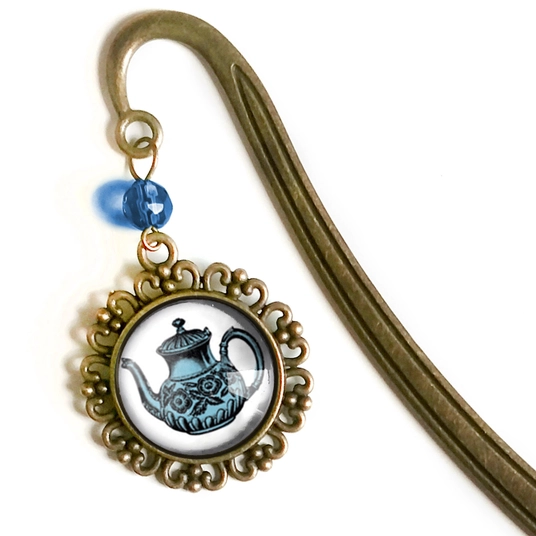
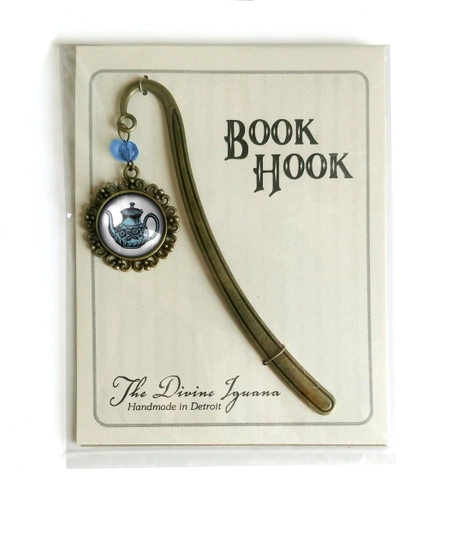

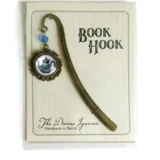
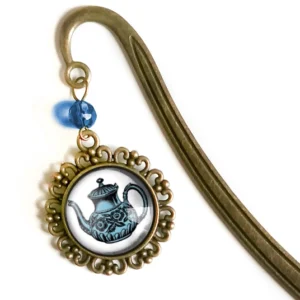
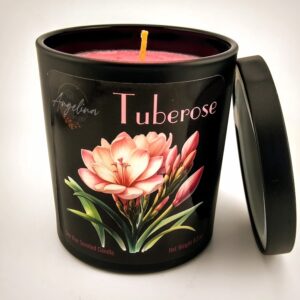
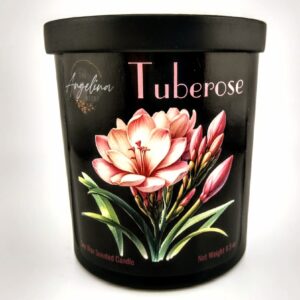
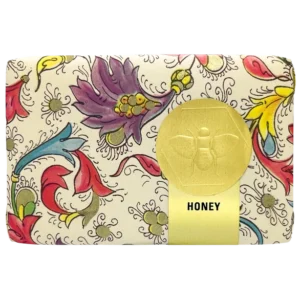
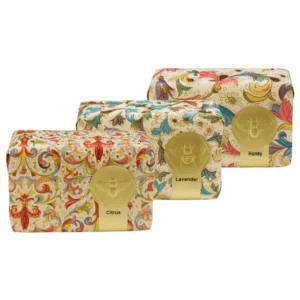
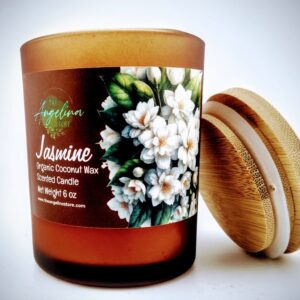
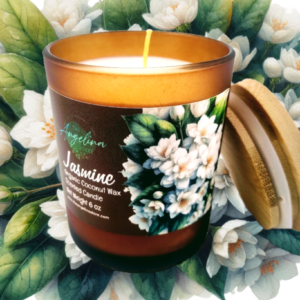




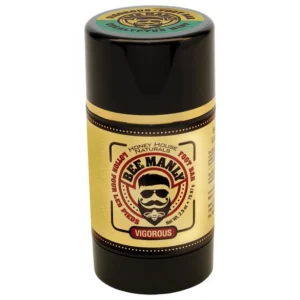
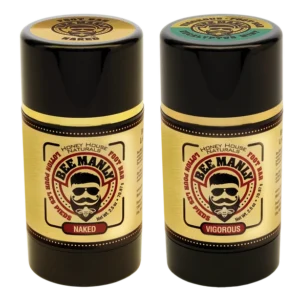

There are no reviews yet.